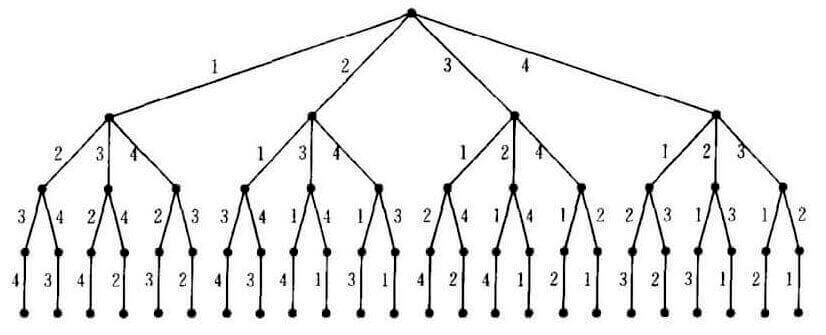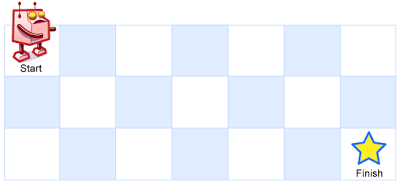Description
The set
[1,2,3,...,n]contains a total of n! unique permutations.By listing and labeling all of the permutations in order, we get the following sequence for n = 3:
"123""132""213""231""312""321"Given
nandk, return thek-thpermutation sequence.Note:
- Given n will be between 1 and 9 inclusive.
- Given k will be between 1 and n! inclusive.
Example 1:
Input: n = 3, k = 3 Output: "213"Example 2:
Input: n = 4, k = 9 Output: "2314"
假设存在长度为n的数组:[1,2,3,...,n],输出第k个排列。


